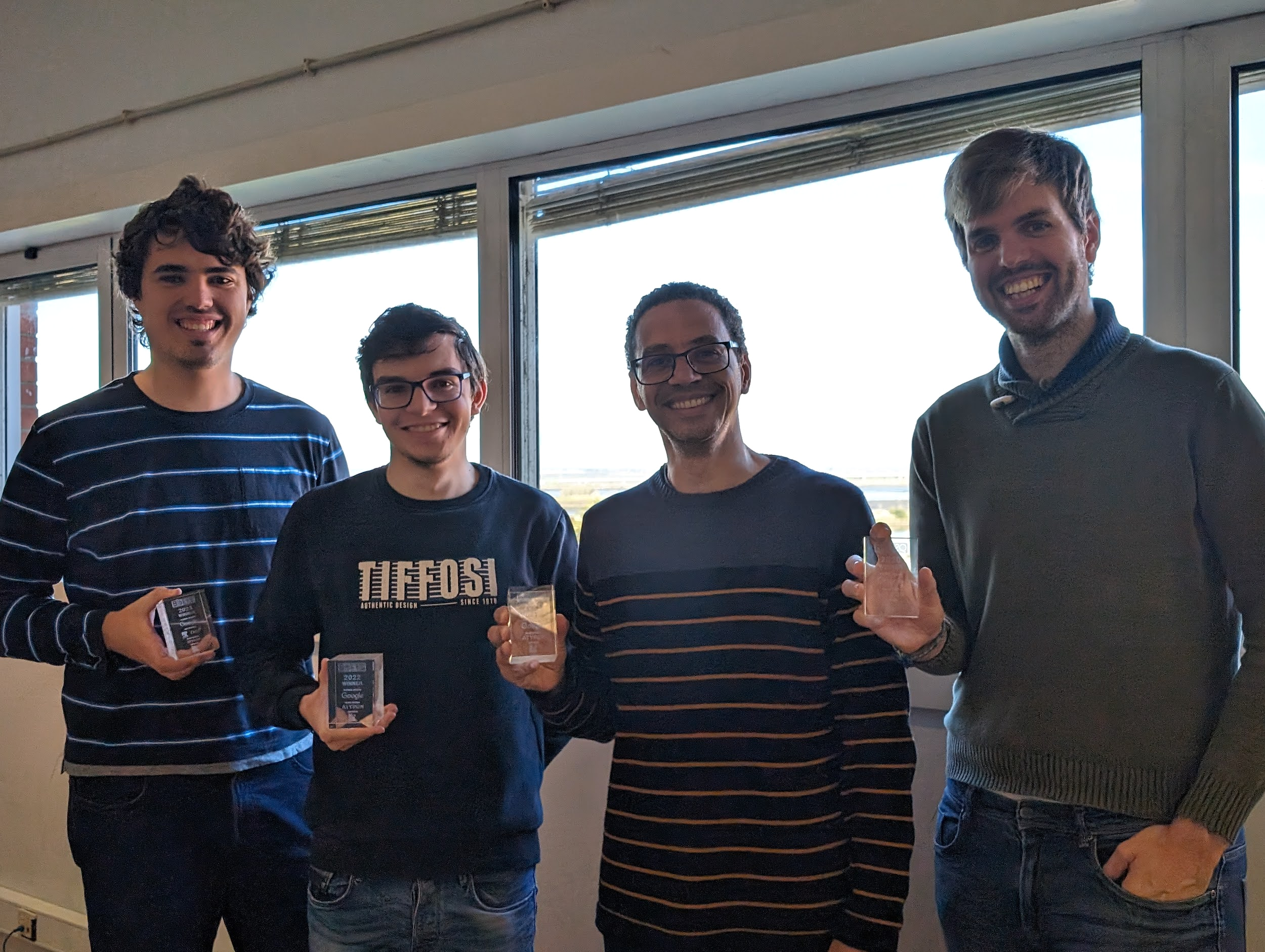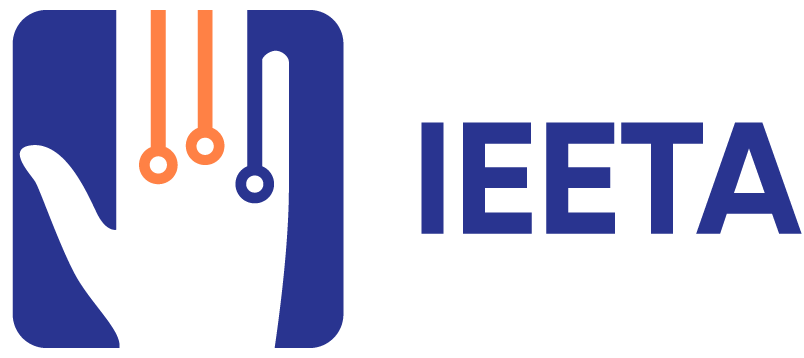- needhelp@info.com
- 88 broklyn silver street, USA
29Jan2024
-
29Jan2024
Remarkable Four-Time Winners in BioASQ: Advancing AI in Biomedical Research

In an impressive showcase of innovation and expertise, the “BIT.UA” team, from the R&D unit IEETA (www.ieeta.pt), of the University of Aveiro, has achieved the remarkable feat of being amongst the BioASQ challenge-winning teams for the fourth consecutive year. This victory represents more than just continuing a winning streak; it underscores the team’s dedicated involvement in a leading international Artificial Intelligence (AI) and biomedical Natural language processing (NLP) competition. This participation in the BioASQ challenge illustrates how AI and biomedical research can come together.
Some members of the “BIT.UA” team include phD students Richard Jonker and Tiago Almeida, professor Sérgio Matos and researcher Jorge Miguel Silva.
BioASQ is a benchmark competition that sets the global standard for advancements in AI as applied to biomedical literature. It challenges participants to develop AI systems capable of understanding and analyzing vast collections of biomedical text and answering complex questions that are helpful for biomedical experts.
The competition’s current focus on question-answering in the biomedical domain makes it a critical testing ground for innovations that can directly impact healthcare and medical research.
Reflecting on the achievement, Tiago Almeida shared: “Winning BioASQ for the fourth time is a testimony of our team’s dedication to pushing the boundaries of AI in biomedical information retrieval.” His words underscore the significance of the challenge and the team’s commitment to making strides in this field.
The field’s evolving nature requires teams to adapt and innovate constantly. “The rapid development in AI poses unique challenges each year. Keeping pace with these changes is essential for our success,” remarked Almeida, highlighting the dynamic environment of the BioASQ challenge.
Team members Richard Jonker and Roshan Poudel spoke about the technical challenges the team faced: “We had strict deadlines, but through hard work and long work days, we were able to produce competitive results.” The advancements that have been made in AI for biomedical information retrieval and question-answering hold significant promise for real-world applications, from improving medical information systems to aiding in advanced healthcare diagnostics. This could revolutionize how medical professionals access and utilize information, enhancing patient care and research methodologies.
Jorge Miguel Silva points out the broader impact of their work: “Our achievements in BioASQ are not just academic victories; they contribute to the shaping of future research and real-world applications in AI and healthcare.” He further emphasized the potential of these advancements in creating more effective and personalized medical treatments.
